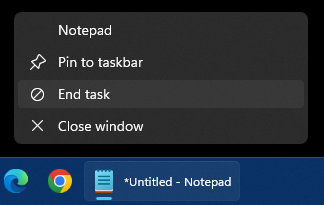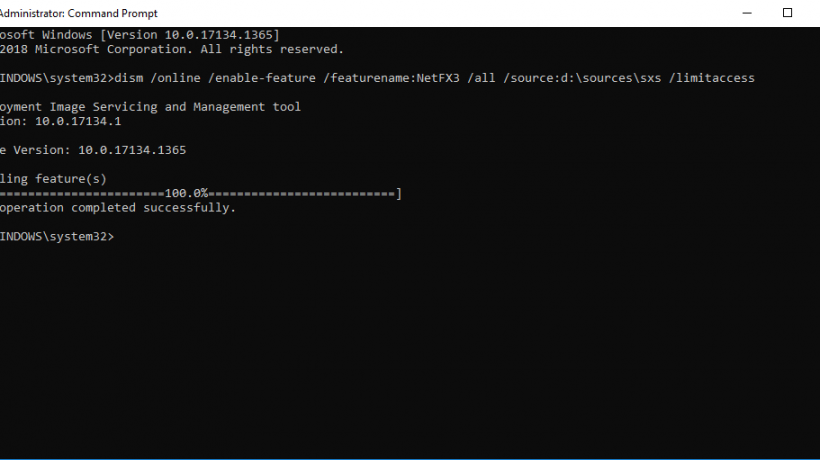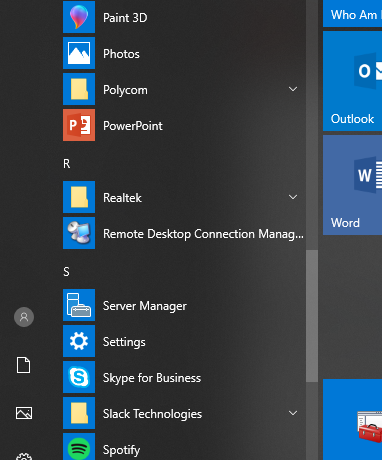It seems that more and more businesses are looking to finally upgrade their aging Windows XP machines to Windows 7. Most businesses skipped over Vista, for many reasons, but are going to upgrade to Windows 7. Some still seem to worry about their application compatibility and the higher system specs needed to run a newer operating system. Personally, I wonder how some IT people even got to where they are today. They say that XP was so much better at launch, it runs so much faster… Put Windows XP on a machine circa 2001, with the standard 64-128 MB of RAM and a machine from today using Windows 7 and we’ll see who wins. Then they use the arguement that it runs so much better on a Core 2 Duo (or i7). I come back with “So does MS-DOS 6.22 and Windows 3.11”, and it does fly. I’ve never seen Windows 3.11 go so fast, it was a treat! Let’s see how fast Windows 7 is in 9 years on that hardware.
Although many businesses are planning a move to Windows 7, that doesn’t mean concerns have evaporated. Some 57 percent of businesses said they have worries, a drop of 10 percentage points from the April 2009 survey. The study was conducted by Hagglund and commissioned by corporate IT systems management firm KACE, which was recently acquired by Dell.




